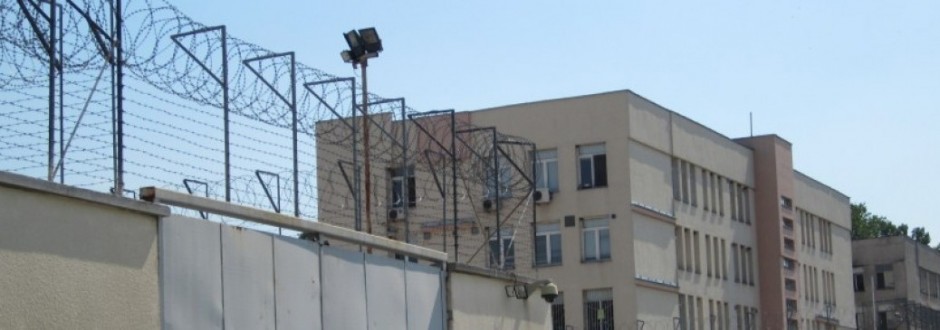On the 11th of August 2016, Bulgaria was criticized by the UN rights chief, Zeid Ra’ad Al Hussein, who sees ‘worrying signs’ in Bulgaria’s detention regime for migrants. He said he is concerned about the court cases in the Svilengrad Regional Court. Many migrants have to face such cases, because of criminal prosecution for “irregular border crossing“.
There are migrants who do not have access to adequate legal representation or translation services, to the extent that they are sometimes even unaware that they have been prosecuted – this is clearly contrary to fair trial and due process safeguards.
Furthermore, Zeid raised concerns about physical abuses, theft and push-backs, done by law enforcement officials into “neighboring countries“. He criticized the conditions in Bulgarian detention camps and the Bulgarian government for doing not enough against the right wing vigilante groups on the Bulgarian-Turkish border. Meanwhile, the Bulgarian authorities continued with it’s practice at the border. On the same day, the Ministry of Interior (MoI) stated that they “stopped 220 irregular migrants“ to cross from Turkey to Bulgaria in “eight separate attempts“. In Sofia the police checked the documents of migrants in Maria Luiza Boulevard and around the Banya Bashi Mosque, 166 migrants were arrested. According to the police they had “no identify documents“.
Furthermore, in the same week, Bulgarian authorities deported a suspected “Gülenist“, a Turkish person, who tried to search for asylum in Bulgaria for months. The businessman was residing in Bulgaria already since early 2016 and in March a Bulgarian court ruled that he could be facing political repressions in Turkey.1 Nevertheless, he was denied political asylum on the 29th of July 2016, some days after the coup attempt in Turkey. He was arrested on the 10th of August during a routine control and pushed off one day later, by driving him to the southeastern border of Bulgaria and passing him there to the Turkish border police.
Maya Manolova, the Bulgarian Ombudswoman, stated that such practice contravenes the Bulgarian constitution and international laws. On the contrary, Turkish newspapers welcomed the deportation, the AKP linked newspaper Yeni Şafak concluded that the Bulgarian prime minister, Boyko Borisov, has now fear of higher migration flows from Turkey to Bulgaria. Borisov, tried to defend the case as a normal practice and was quoted by the news agency Novinite by the following:
We have sent back [to Turkey] from the border 25 000 people since the beginning of the year, and 1000 [have been sent back] to Greece. All of them have been returned in the same manner.
Shortly after the deportation, the Turkish prime minister Binali Yıldırım and Borisov talked about a possible bilateral agreement about “migration“ between Bulgaria and Turkey. On the same weekend, another deportation of two men took place: Two suspected “Kurdish activists“ were deported from Bulgaria to Turkey.
Still, hundreds of people tried to cross the border from Turkey to Bulgaria this week. On the 14th of August 2016, the MoI made public that only within 24h they stopped 140 migrants to cross from Turkey and 13 to cross from Greece. The Bulgarian border police stated that they stopped 1,858 “irregular migrants“ to enter Bulgaria since the beginning of August 2016. Bordermonitoring Bulgaria (BMB) is more than deeply concerned about the obvious violations against the non-refoulement principle and calls the Bulgarian government to stop immediately the push-backs and deportations of people, who are seeking shelter in Europe.
Update: Another case of seven people, who got deported from Bulgaria to Turkey in October, was discovered later.
